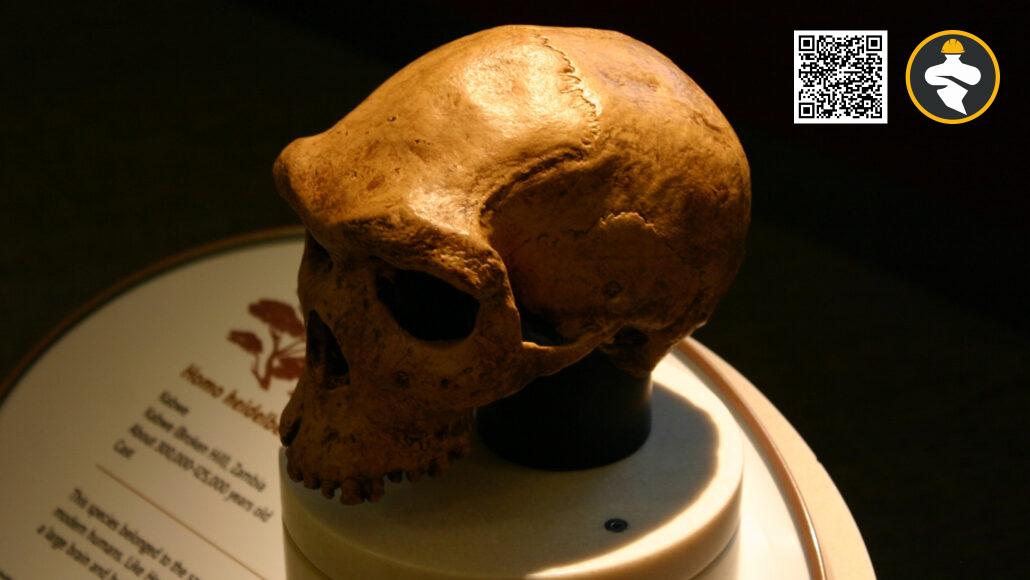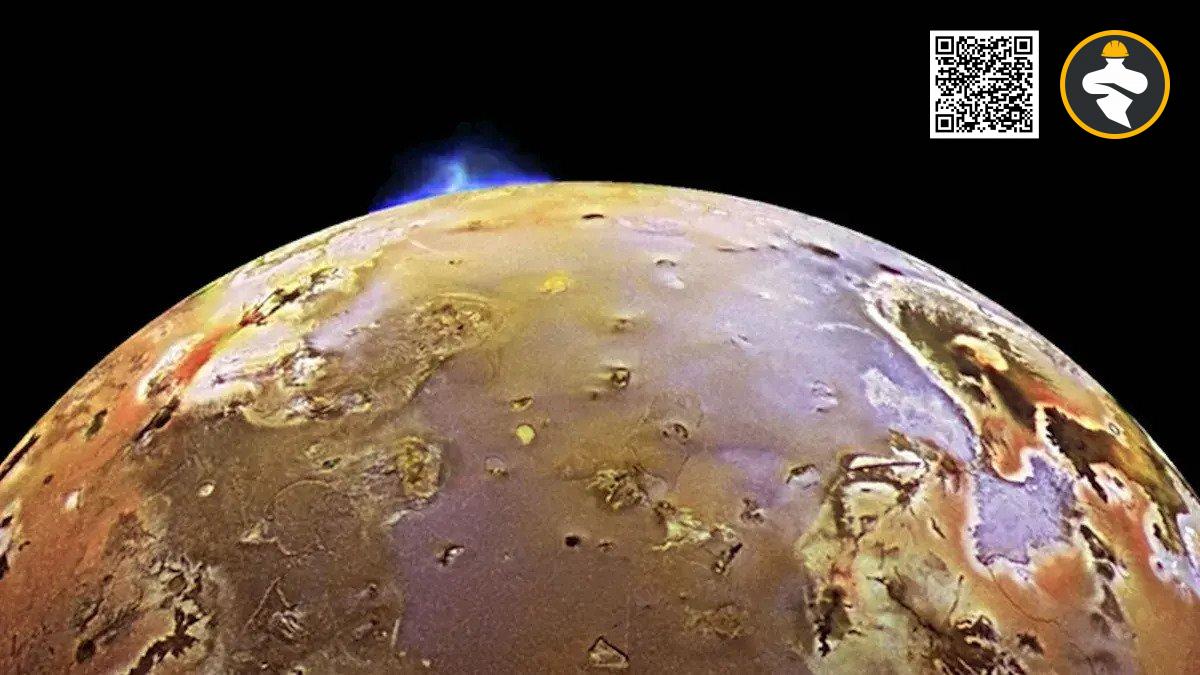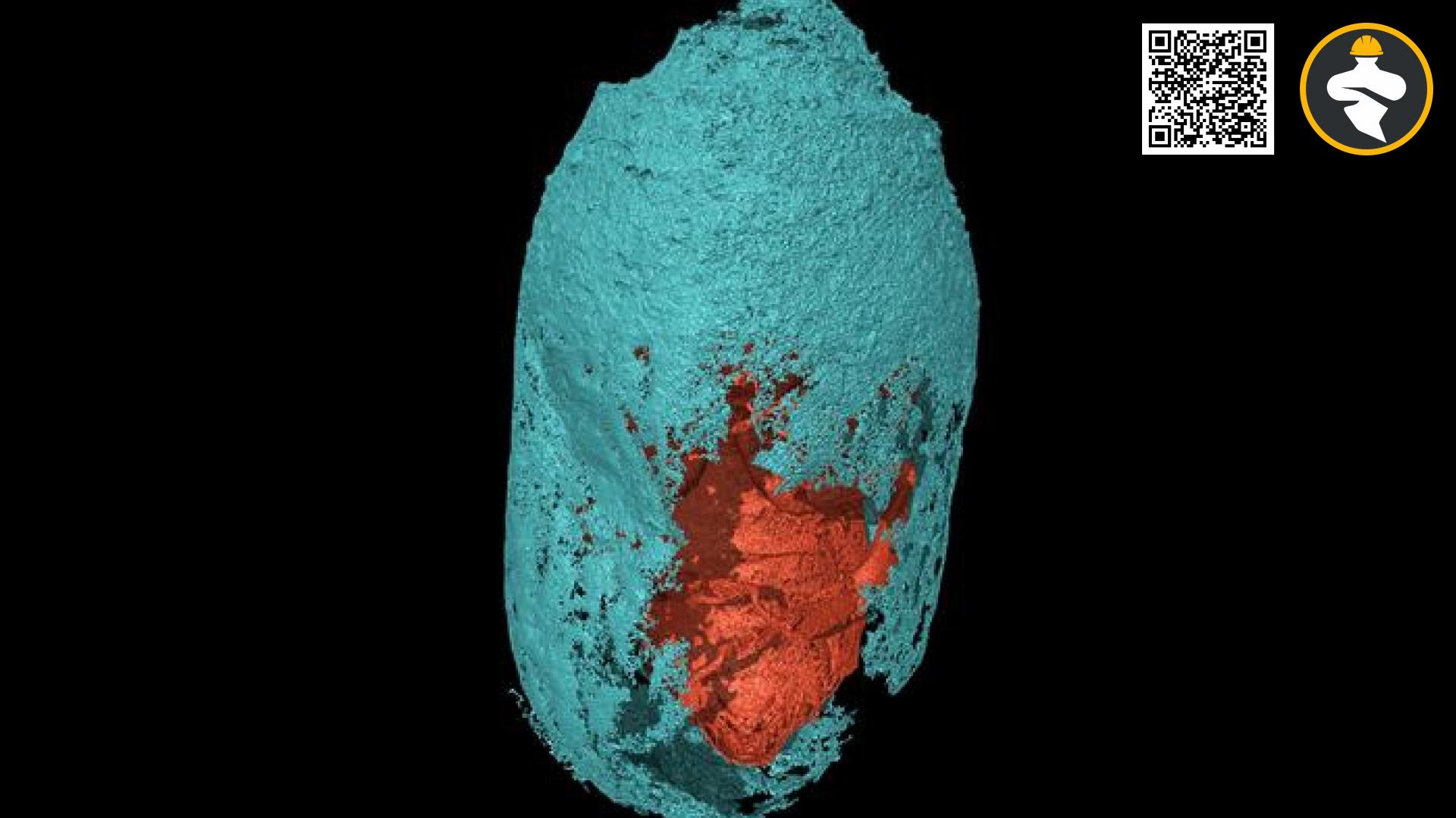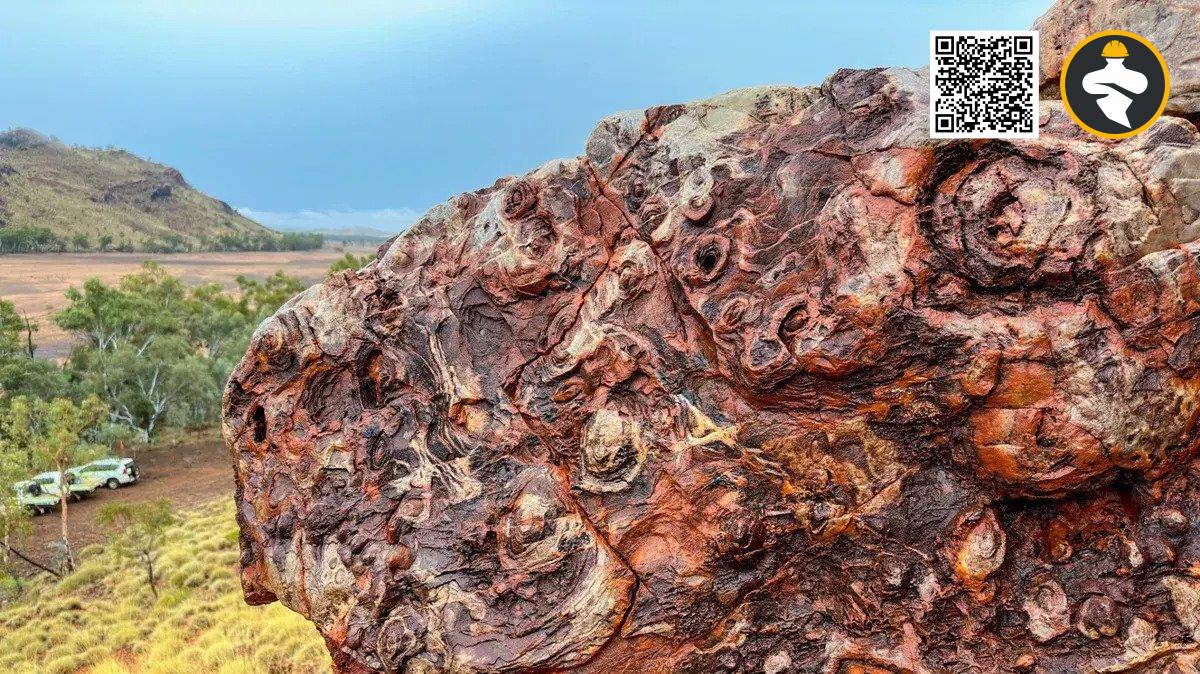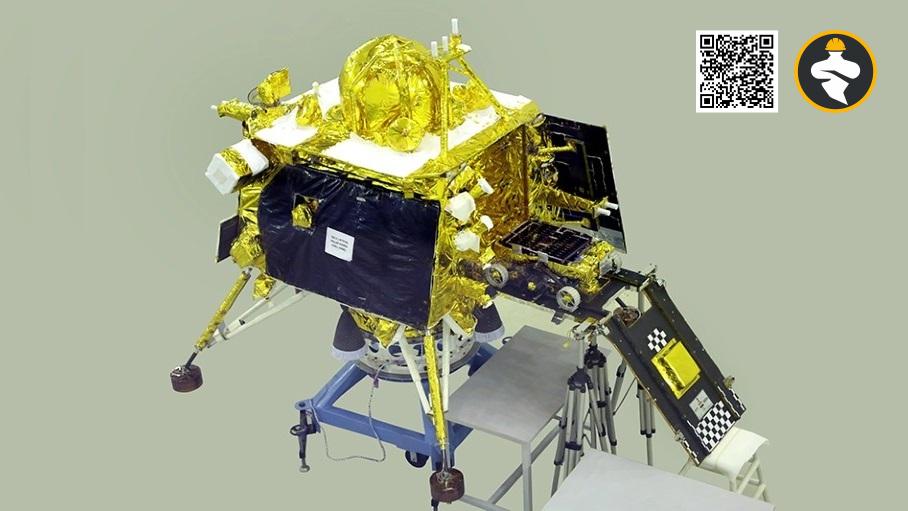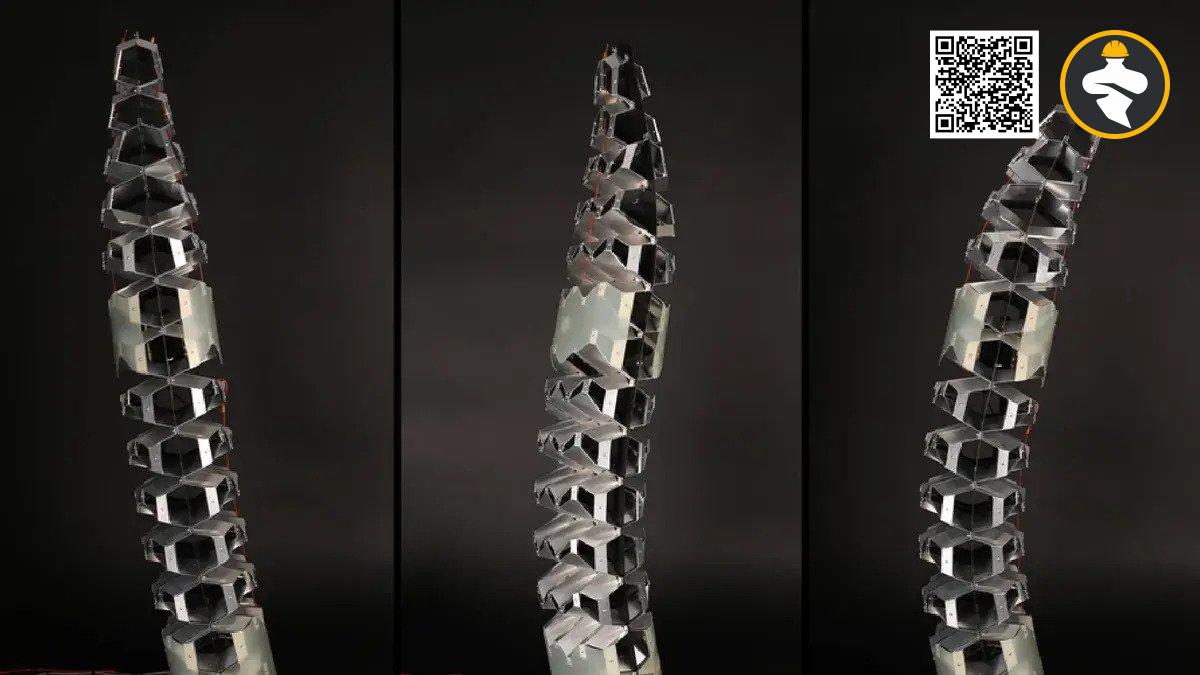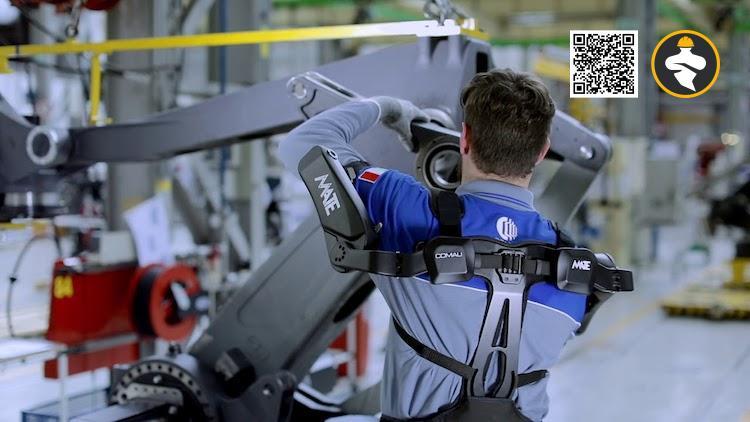In a groundbreaking discovery, scientists have unlocked the potential of GPS technology, which could provide a two-hour heads-up for impending earthquakes. However, as with any scientific breakthrough, there is a catch.
Researchers have long sought a reliable method to predict earthquakes, and GPS has emerged as a promising tool. By analyzing the movements and shifts in the Earth’s crust, GPS data can offer crucial insights into the buildup of stress along fault lines. This new research has revealed that changes in the Earth’s surface detected by GPS can serve as a warning sign for imminent seismic activities.
Traditionally, seismometers have been the primary instruments used to monitor earthquakes. While effective at detecting seismic waves once an earthquake has already occurred, they offer limited advance warning. GPS, on the other hand, has the potential to provide critical time for preparations and evacuation.
The technique involves utilizing a network of GPS receivers that continuously record the positions of satellites in their view. By comparing the real-time data to previous measurements, scientists can detect even the subtlest shifts in the Earth’s crust. These shifts occur as tectonic plates jostle and release accumulated tension before an earthquake strikes.
By analyzing data from previous earthquakes, researchers have identified specific patterns that precede seismic events. These telltale signs include both gradual and abrupt changes in ground displacement. With the help of powerful algorithms, the GPS data can now be analyzed to detect these patterns, enabling scientists to make predictions with increased accuracy.
However, before we get too excited, the catch lies in the level of accuracy and the challenges that remain. While GPS technology has shown promising results in laboratory environments, real-world applications still face several hurdles. Achieving the required precision across a vast network of GPS receivers, overcoming environmental interferences, and refining the algorithms are among the major challenges that need to be addressed.
Despite the current limitations, this breakthrough paves the way for future advancements in earthquake prediction. By combining the power of GPS technology with other monitoring methods, scientists hope to create a comprehensive early warning system that can save lives and mitigate the devastation caused by earthquakes.
Reference: NewScientist.com



